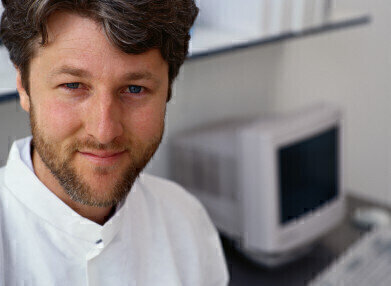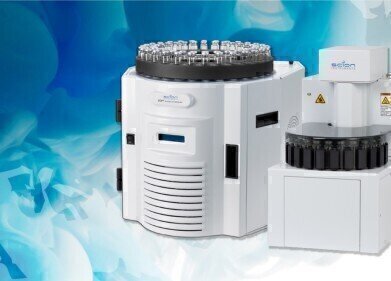Industrial news
A Day in the Life of a Gas Chromatographer
Apr 23 2014
Gas chromatography is the process of separating vaporisable compounds into their distinct parts, without decomposing them, for the purpose of analysis. It also goes by the names vapour-phase chromatography (VPC) or gas-liquid partition chromatography (GLPC). Since the separation occurs between a liquid stationary phase and a gas mobile phase, the latter term is the most accurate, and as such, the most commonly used. It can be used in determining the exact makeup of a compound, which in turn can yield an analysis of its purity and the separation of its components. For more information on the exact uses of gas chromatography, especially in relation to metabolomic analysis.
What does a Gas Chromatographer do?
The main work of a gas chromatographer or gas chromatography technician is involved in the separation and analysis of various material samples. They will conduct such process in laboratories, both public and private. The purpose of such studies is primarily in the fields of forensics, national security and energy analysis. Their daily routine will normally comprise of analysing various samples and documenting their findings, as well as preparing, calibrating and looking after machinery.
How does one become a Gas Chromatographer?
First and foremost, education and qualifications are required to become a gas chromatographer. The basic requirement is a bachelor-level degree in chemistry, in the fields of general, organic or inorganic chemistry, or in mass spectrometry or quantitative analysis.
Furthermore, practical experience will be required. You must have extensive real-life experience in a laboratory situation and an impeccable knowledge of the ins-and-outs of lab equipment and procedures. A flair for mathematics and a general understanding of scientific principles is also key to succeeding in the gas chromatography field. Read our interview with the VP and General Manager for HPLC at Thermo Fisher Scientific. We ask Fraser McLeod how he got into Chromatography.
Expected Employment Growth Rates and Projected Income
Currently, the projected employment growth rate for gas chromatographers and other chemists is slightly lower than an average projection, at only 4% growth. But new statistics, compiled by the US Bureau of Labor Statistics (BLS), predict that during the next decade (until 2020) the number of employed material scientists could rise by 10%.
The median wage for material scientists – which category gas chromatographers fall into – is also significantly higher than among chemists in general. In May 2012, a gas chromatographer took home on average $88,990 per year, in comparison to the annual wage of a chemist at $71,770.
Alternative Similar Careers for Gas Chromatographers
Food Scientists
Food scientists develop and interpret new ways of looking at the nutritional value of food, as well as new ways of processing and producing food. A bachelor’s degree is normally enough to enter into the profession, and though the median wage is lower than a gas chromatographer at $58,070, they have similar growth expectations in employment opportunities.
Chemical Engineers
Chemical engineering is a much broader definition and can cover a variety of fields, including energy production, food analysis, healthcare, biotechnology and manufacturing, among others. The projected employment outlook for chemical engineers is lower than gas chromatographers, at just 6%, but they have a higher average wage of $94,350.
Events
May 11 2025 Vienna, Austria
May 18 2025 Tempe. AZ, USA
May 21 2025 Birmingham, UK
Jun 01 2025 Baltimore, MD, USA
Jun 15 2025 Bruges, Belgium














